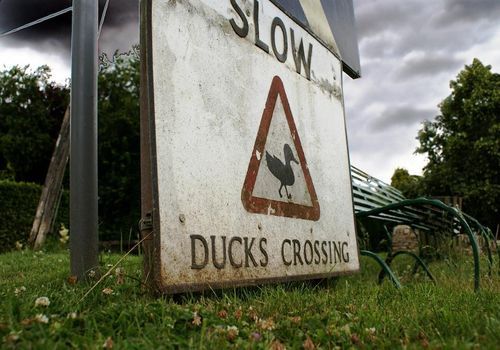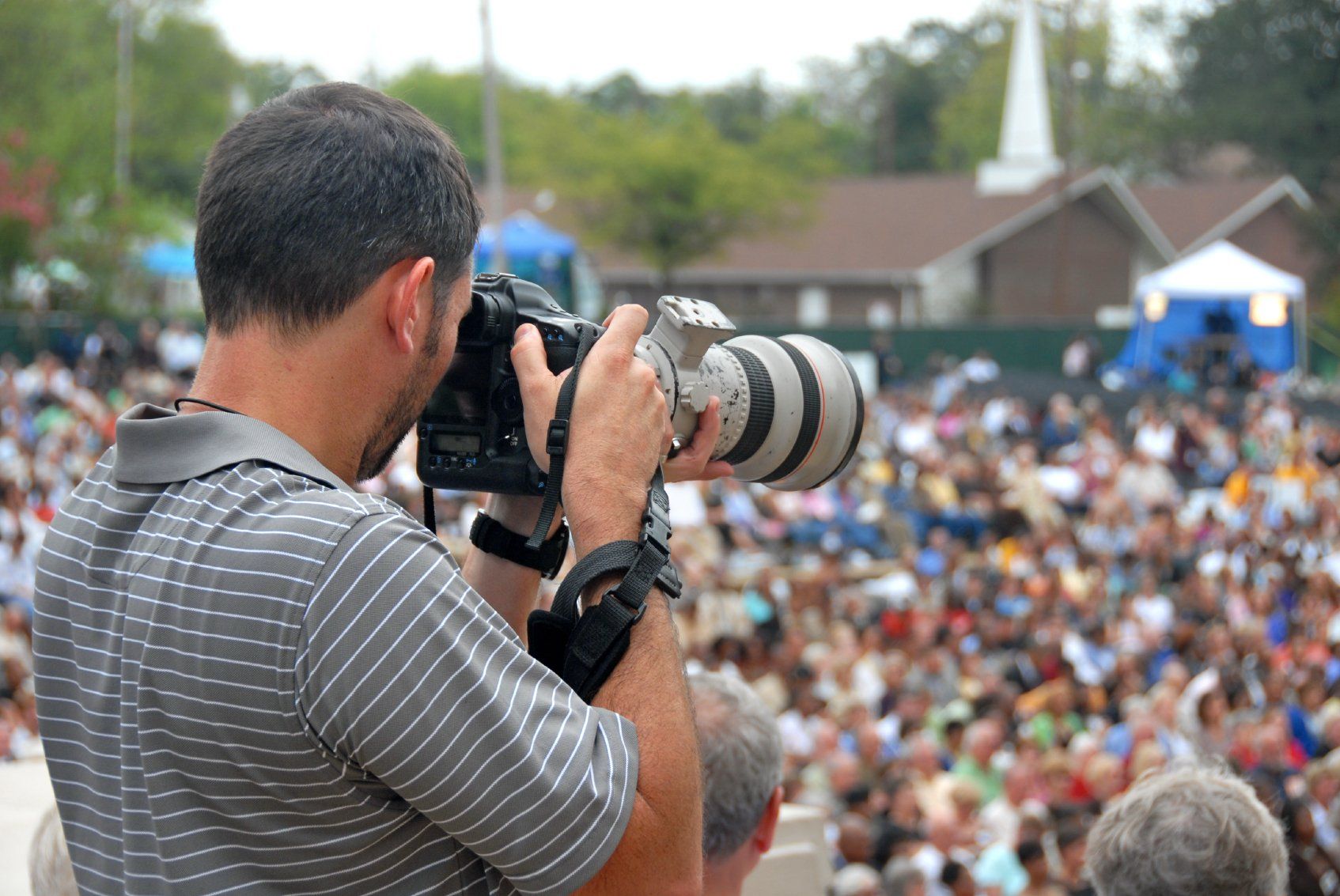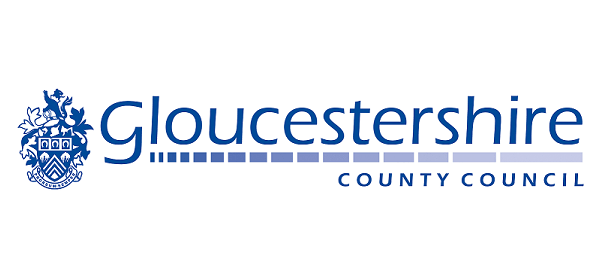Bledington Parish Council
Bledington Parish Council works on your behalf, as volunteers, to maintain and improve the village for the benefit of us all.
What Does Your Council Do?
The Bledington Parish Council meets on the second Wednesday of every month in Bledington Village Hall at 7.30pm. You are invited to attend.
Bledington Parish Council have a variety of powers and duties, all of which impact directly on the community. If you’re not sure, please ask us.
Below is the full list of activities councils are responsible for. In many cases, (eg roads, lighting etc) we work with the local District Council or the County Council.
We’ve highlighted in bold those that our Parish Council is most actively focused on.
Allotments
Burial Grounds, Cemeteries, Churchyards
Bus Shelters
Bye-laws – the power to make bye-laws concerning: baths and washhouses (swimming pools), cycle parks, mortuaries and pleasure grounds
Clocks – public clocks can be provided and must be maintained
Public Buildings
Drainage
– of ditches and ponds
Entertainment and public art
Footpaths
General Spending
– parish councils can spend a limited amount of money on anything they deem of benefit to the community that is not covered by the other specific responsibilities described in this list
• Gifts – parish councils may accept gifts
Highways
– lighting, parking places, right to enter into discussions about new roads and road widening, consent of parish council required for diversion or discontinuation of highway, traffic signs and other notices, tree planting and verge maintenance
Land –acquisition and maintenance of it
Legal proceedings – power to prosecute and defend any legal proceedings in the interests of the community, power to take part in any public enquiry
Litter -
provision of litter-bins (including dog waste) and support for any anti-litter campaigns
Planning –Parish Councils must be notified of, and display for residents, any planning applications for the area. Any comments submitted to the planning authority by the Parish Council must be taken into account. The Parish Council's role is to represent local views, provide local knowledge and raise areas of concern. There are very stricy guides on which we can object, for example, loss of light, privacy, transport, nature and design.
Postal and Telecommunication Facilities – power to pay a public telecommunications operator any loss sustained in providing services in that area
Public conveniences – provision and maintenance of public toilets
Recreation
– provision of recreation grounds, public walkways, pleasure grounds, open spaces, village greens, gymnasiums, playing fields, holiday camps, play areas and boating ponds
• Rights of Way – footpath and bridleway maintenance
Seats
(public)
Signs
– danger signs, place names and bus stops signs
Tourism – financial contributions to any local tourist organisations allowed
Traffic Calming
War Memorials
Water Supply – power to utilise stream, well or spring water and to provide facilities for general use
Who are Your Councillors?
The Bledington Parish Council is made up of seven Councillors all of whom are unpaid volunteers and one Clerk who receives a modest salary.
Councillors are usually nominated from within the Parish, anyone over the age of eighteen on the electoral roll with a clean criminal record is eligible to stand. Councillors serve for a term of four years after which a new Council will be elected, current Councillors can stand for re-election if they so wish. If more than seven people stand then a formal election is required.
The present Parish Council was elected in 2023.
Your current Councillors are:
Steven Rawstorne
- Acting Chairman
Neil Jackson
Ian Simpson
Rosalind Gaskell
Julie Sodzawiczny
Heather Pearson
Benjamin Ball
Clerk to the Council
Kevin O'Donohue
email: clerk@bledington.com
Councillors are required to complete a register of interests. These can be viewed on the Cotswold District Council web site
Cotswold District Council is responsible, amongst other things, for planning and collecting rubbish. If residents experience any problems with the waste collection, including missed collections they can report this to the District Council via the CDC website. Our local District Councillor for the Fossebridge Ward is David Cunningham.
The roads in the village are the responsibility of Gloucestershire County Council. The Parish Council is in close contact with officers from the Highways Department. If you become aware of any problems with the roads, particularly dangerous pot holes, please contact your councillors or the clerk. Please visit the GCC website for details of road works, weather conditions etc. Our local County Councillor is Mark MacKenzie-Charrington.
Visit GCC Website
Recent Parish Council Minutes and Other Important Information
1. MONTHLY MEETINGS: Agendas and Minutes
2. ANNUAL VILLAGE MEETING: Agendas and Minutes
Bledington Parish Council Annual General Meeting Agendas
3. Finance and Audit Information
4. KEY DOCUMENTS AND POLICIES
5. OTHER USEFUL DOCUMENTS




